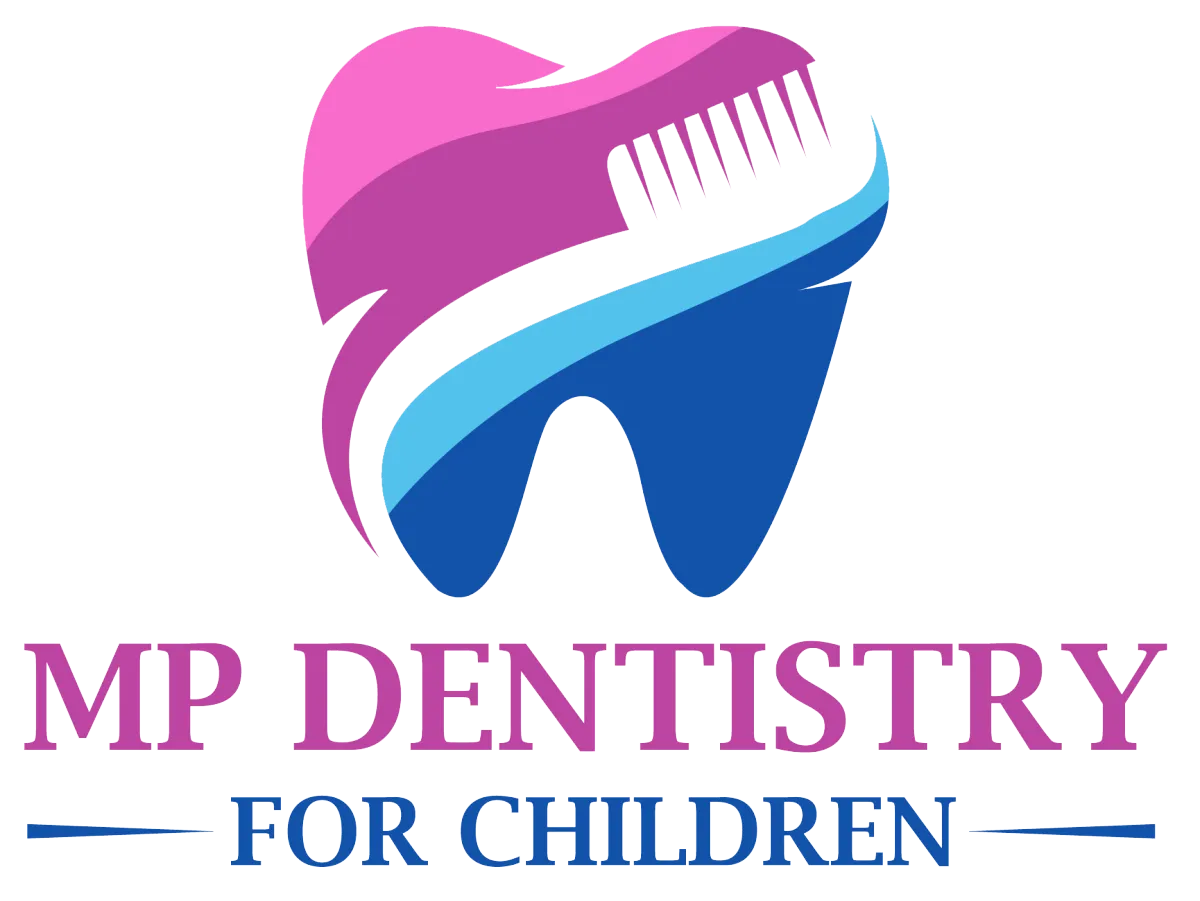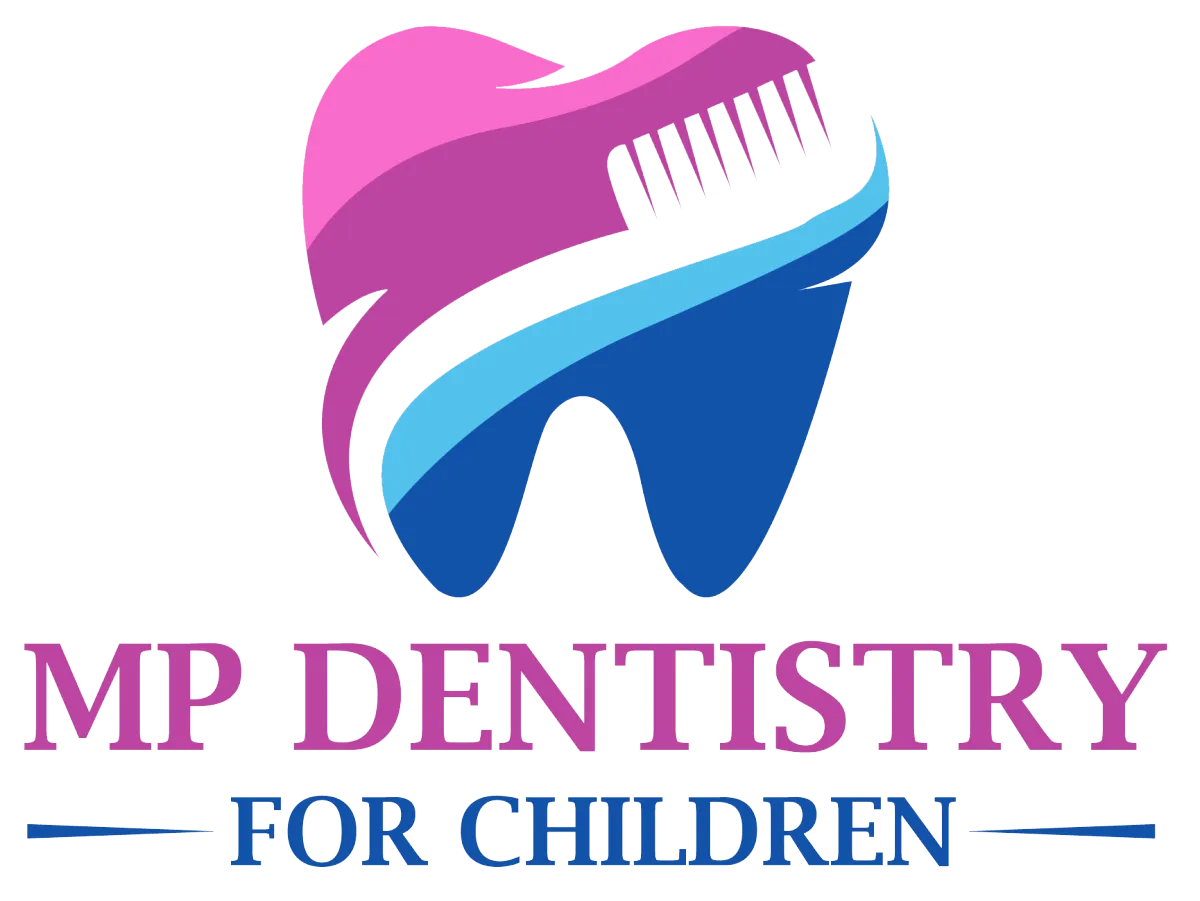Schedule your appointment for a free consultation.
FAQS
FREQUENTLY ASKED QUESTIONS
At what age should a child start going to a dentist?
Experts recommend taking your child to the dentist no later than six months after their first tooth erupts or no later than 12 months. This is because the dentist can now inform you about Baby bottle tooth decay.
What are the common dental problems in kids?
Cavities, also called tooth decay, affect millions of children in the United States yearly. It may be painful and contagious if cavities are left untreated, making eating, speaking, playing, or learning a real challenge.
Are children entitled to free dental care?
Dental benefits are mandatory for children enrolled in Medicaid and CHIP, but they cannot do so for adults.
Is it necessary to fill out the New Patients Form?
Due to HIPPA rules it is necessary to download the form and bring it with your visit to the clinic. We don't too much information in the form and just need you to provide the information which will help us diagnose better. You can download the form by clicking here
What is a pediatric dentist?
Dentists specializing in pediatrics treat children from infancy through their teen years with specific attention to their oral health. They are specially trained to work with a wide variety of dental problems that can arise during the development of a child's mouth. In addition, they are skilled and prepared to care for children with special needs. They will collaborate with doctors to design a complete plan that blends oral health with total health care.
Why are baby teeth so important?
Your child's health and development depend on baby teeth. It helps them chew, speak, and smile. Permanent teeth developing beneath the gums are also housed in the jaws. When permanent teeth drift into the vacant space when a baby tooth is lost too soon, it may be difficult for other adult teeth to find room. Teeth may become twisted or crowded as a result of this. As a result, providing infants with excellent dental care may help preserve their teeth for the rest of their lives.
What should I do if my child sucks their thumb?
It has been demonstrated that sucking a finger or a pacifier is soothing and caring for a child's growing mind. However, a child's facial skeleton or jaws may change shape, and their teeth may shift into a new position, depending on the behavior's frequency, severity, and length. Positive reinforcement has been demonstrated to be the most effective way to break the habit by the time the child is 24 to 36 months old. Most youngsters quit on their own as they get older. Please let us know if your child continues to suckle forcefully or if he does so after his permanent teeth sprout. This will enable us to examine the habit for any potential health issues.
OUR PARTNERS






MP Dentistry for Children is a dental professional dedicated to excellence in pediatric dentistry for children. Available treatments include pediatric dental cleanings, introductory exams, children’s x-rays, fluoride treatments, sealants, fillings, crowns, root canal treatments, extractions, emergency care, and more. Contact Mangum Park Dentistry for Children to set up an appointment.
Office Hours
Mon: 8:30 AM – 5:30 PM
Tues: 8:30 AM – 5:30 PM
Wed: 8:30 AM – 5:30 PM
Thurs: 8:30 AM – 5:30 PM
Fri: 8:30 AM - 1:30 PM
Copyright © All Right Reserved Site Developed By GBBDigitalSEO
MP Dentistry for Children is a dental professional dedicated to excellence in pediatric dentistry for children. Available treatments include pediatric dental cleanings, introductory exams, children’s x-rays, fluoride treatments, sealants, fillings, crowns, root canal treatments, extractions, emergency care, and more. Contact Mangum Park Dentistry for Children to set up an appointment.
Office Hours
Mon: 8:30 AM – 5:30 PM
Tues: 8:30 AM – 5:30 PM
Wed: 8:30 AM – 5:30 PM
Thurs: 8:30 AM – 5:30 PM
Fri: 8:30 AM - 1:30 PM
Copyright © All Right Reserved Site Developed By GBBDigitalSEO

MP Dentistry for Children is a dental professional dedicated to excellence in pediatric dentistry for children. Available treatments include pediatric dental cleanings, introductory exams, children’s x-rays, fluoride treatments , sealants, fillings, crowns, root canal treatments, extractions, emergency care, and more. Contact Mangum Park Dentistry for Children to set up an appointment.
Office Hours
Mon: 8:30 am – 5:30 pm
Tues: 8:30 am – 5:30 pm
Wed: 8:30 am – 3:30 pm
Thurs: 8:30 am – 5:30 pm
Fri: 8:30 am - 1:30 pm
Contact Us
We encourage you to contact us with any questions or comments you may have. Please call our office or use the quick contact form below.

